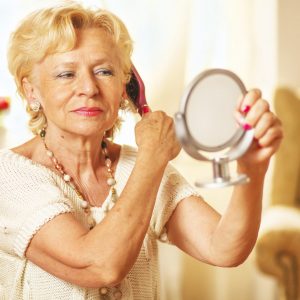
What are the top 5 critical attributes of a Care Worker?
Care workers are generally compassionate people who are caring in nature. Care assistants work to help their client group with a range of essential daily

Care workers are generally compassionate people who are caring in nature. Care assistants work to help their client group with a range of essential daily

The skin’s natural protective barrier can become weaker as we age. The barrier is more prone to become dry and is less robust when exposed
Incontinence can often be difficult for residents, particularly those with Dementia, to successfully manage. It is vital that staff are educated on how to provide

Seniors with Dementia or declining mental health can often begin to neglect their personal care and hygiene. They may start to wear the same clothes

A number of small-scale studies over the years have suggested that introducing animals into care homes can have positive effects on the elderly. This process
Increased activity and engagement with others has been proven to have a positive impact on the quality of life of elderly people and even contribute
One in three people over the age of 65 will develop Dementia during their lifetime. More than 320,000 of the 400,000 people living in care

Dehydration can have serious consequences for older people and is a particularly common problem for individuals with Dementia. Dehydration can cause a loss of strength and
When frail, elderly people sit in an asymmetrical and unsupported position, this can lead to skin and soft tissue damage. This often results in aches

The population of elderly people in the UK is fast increasing and their average age is simultaneously going up. The prevalence of Osteoporosis as a
Working in a care home or looking after others with physical or mental impairments can be a rewarding career. However, it can also be a

For a person with Alzheimer’s or Dementia, poor nutrition may increase behavioural symptoms and cause weight loss. However, Dementia and nutrition are rarely topics that